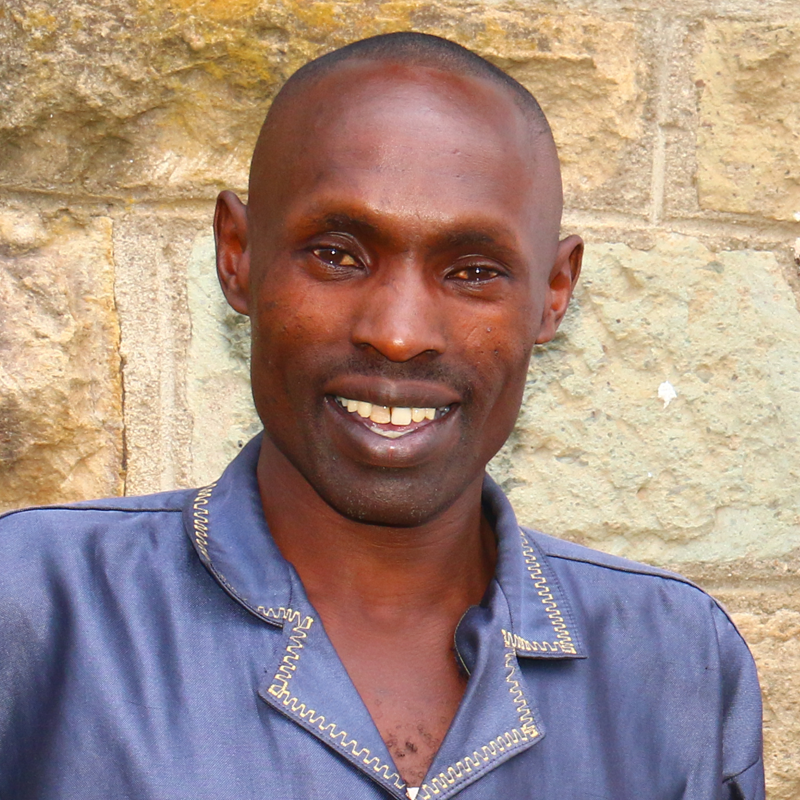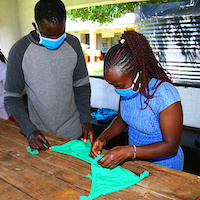International Day of Zero Tolerance for Female Genital Mutilation
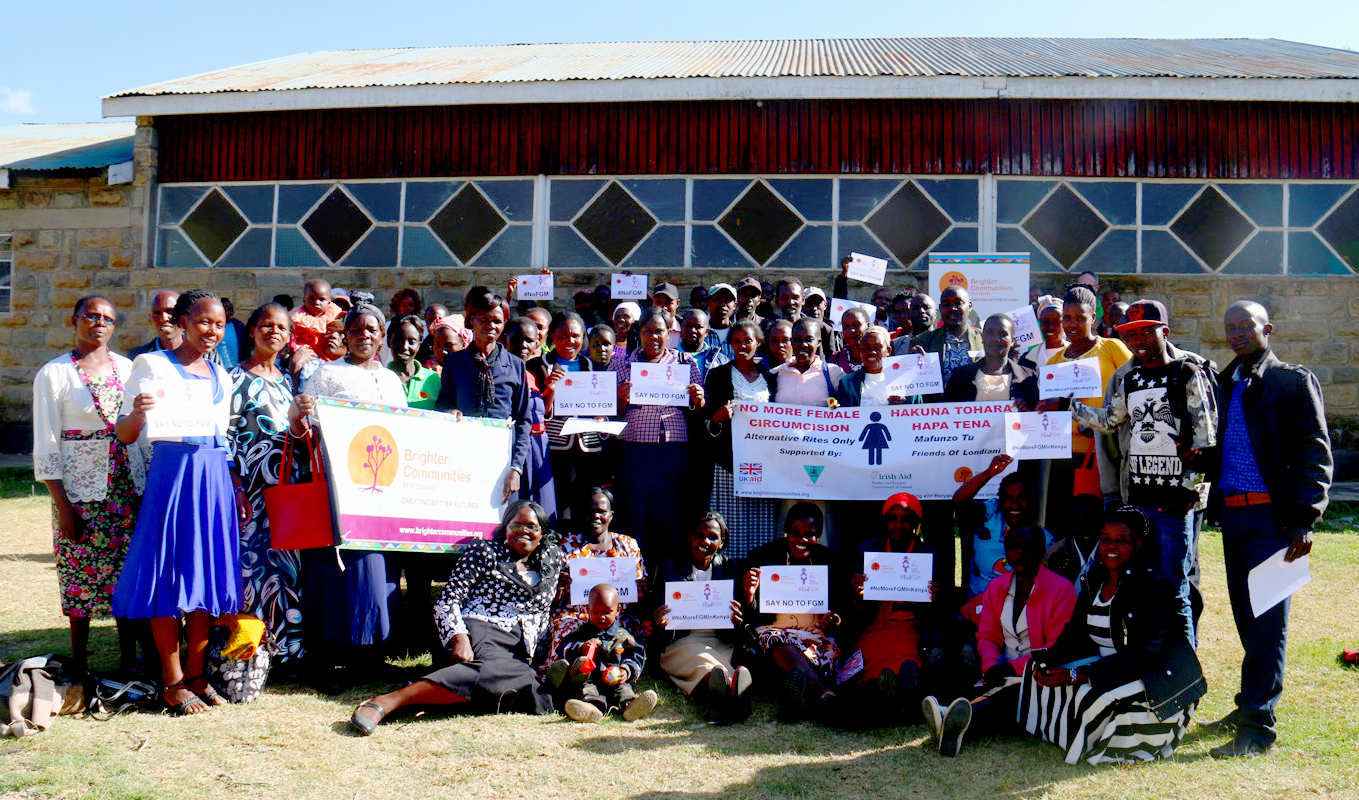
International Day of Zero Tolerance for Female Genital Mutilation (FGM) is part of the UN’s commitment to ending FGM in all its forms, all over the world.
What is FGM?
- Female Genital Mutilation (FGM) is a harmful practice that involves removing all or part of the external female genitalia for non-medical reasons. FGM has no health benefits and it harms girls and women in so many ways short term and long term, physically and emotionally.
- In Kenya, most girls at risk are aged between 8 and 14 and it is estimated that 21% of girls and women have undergone FGM – that is 1 in 5. (www.girlgeneration.org)
- Even though it has persisted for over a thousand years, evidence suggests that this is a practice that could end in one generation through programmes of education and raising awareness with the strong message of No More FGM.
FGM is a Global Issue
More than 200 million women and girls have undergone FGM globally, and over three million more are at risk every year. Although the most affected countries are on the African continent, FGM is an issue in many other parts of the world, such as the Middle East, Asia, and countries with diaspora populations from affected countries, including in Europe and North America.
In Ireland, a worldwide social media campaign against FGM is being launched in Dublin on the International Day of Zero Tolerance for Female Genital Mutilation today with the backing of the #MeToo movement.
Why is FGM practiced?
The reasons why FGM is practiced include a mix of following a cultural tradition, religious beliefs and social factors within families and communities.
Volunteer facilitators involved in the Brighter Communities Worldwide FGM Abandonment programme in Kenya describe it as follows:
- David Cheruiyot says that FGM was seen as a rite of passage in the community – it marked a passage through childhood on to adulthood for girls. It allowed girls to be married and to bring wealth to a family by getting a dowry for their girl.
- Jackline Kemboi says that there was a belief in her community that a girl needed to undergo FGM to be able to transition to marriage and to know how to cook and look after a husband.
- Naomi Chebet says there was a belief among her community that to become a full woman you had to be circumcised. That would enable a woman to cook well and ensure she treated her husband well. There was also a belief that being circumcised would reduce the sexual urges of a woman.
- Simon Kosgei describes FGM as a cultural practice that leads to high school dropouts and early marriage. Some married women in his community were forced into FGM when joining a new community. He says it is an issue among some families and lack of education is a definite factor.
David, Jackline, Naomi and Simon are among a growing number of volunteers from the community who train as facilitators as part of the Brighter Communities FGM Abandonment programme. The overall aim of the programme is to abandon the practice of cutting girls and replace it with a safe, culturally appropriate alternative. The programme includes community-based education; Alternative Rite of Passage courses; working with health workers and involving the whole community in publicly affirming their abandonment of FGM.
The programme runs on a year-long cycle with activities carried out throughout the year and it is facilitated by a team of local volunteers. Last Friday, 2 February 2018, these volunteer facilitators held their annual learning seminar where each community gave feedback on their successes and challenges in running the Alternative Rite of Passage (ARP) courses in December. It had the biggest attendance yet with over 2,000 girls graduating from the ARP courses.
Each course is run over five days with a maximum of 50 girls in each group. During the year our staff work with the local facilitators to support them with further training in facilitation skills, recruitment of new facilitators and guidance on techniques to raise awareness of the issue in new areas where FGM is still practiced.
| David Cheruiyot decided to become involved in ARP because his community were deeply rooted in FGM culture and this was causing them to live in poverty with a lot of early marriages taking place. Jackline Kemboi became an ARP facilitator in 2015 because she wanted to educate girls about FGM and to be able to explain the risks. |
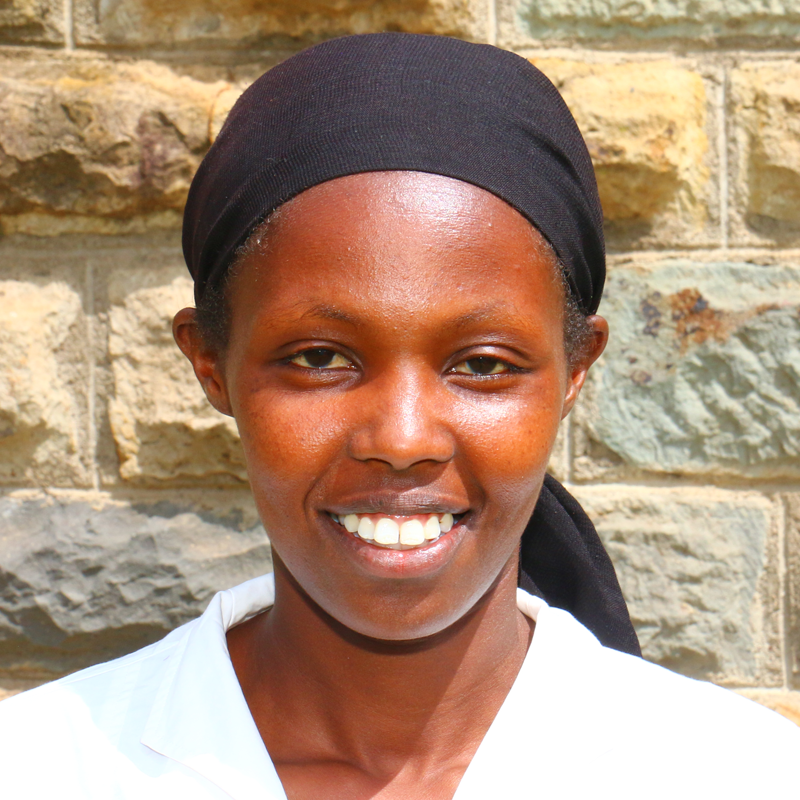 | Naomi Chebet talks about the impact of the FGM Abandonment programme. She still remembers her first ARP course – there were 55 girls involved and she says it was amazing to see the girls after the course. Their friends came to the graduation and they were talking openly about FGM. Some of the girls from that course are now in college and polytechnics. To see the difference in girls that have gone through training, they feel the need to add to their education and they know about economic empowerment. The number of school dropouts has reduced so much. |
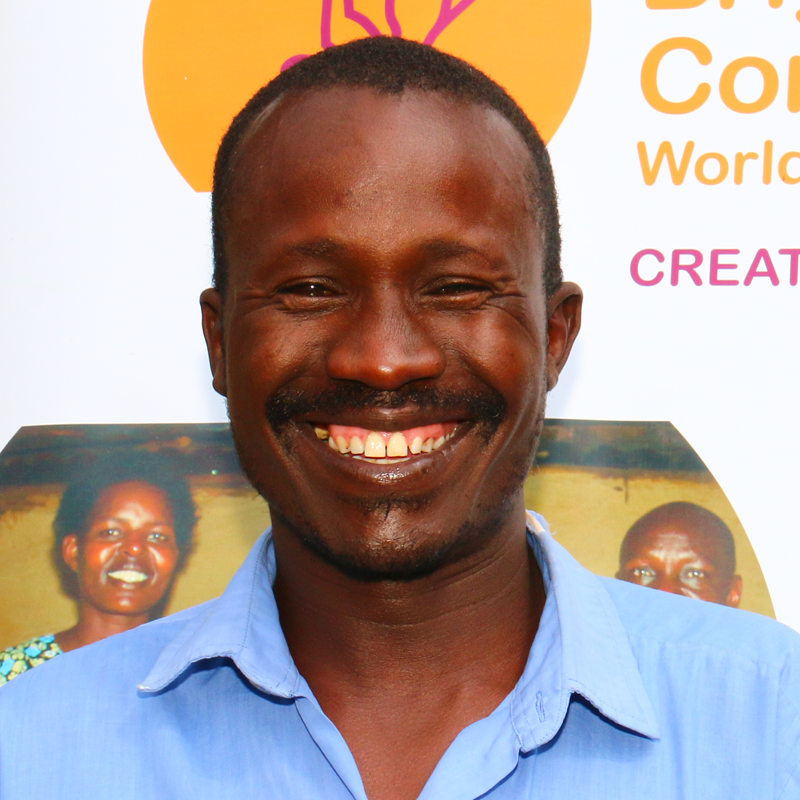 | Simon Kosgei feels that the most important part of the programme is providing awareness of the risks to the girl child – the risks involved in FGM and the risk of disease. The programme makes the communities and the girls more aware of the life choices that are available to them. If they can finish their education they are better equipped for life.The course also includes sessions on any issues that are prominent in the particular hotspot area, for example alcoholism or drug abuse. The course modules have been developed since 2009 by women leaders working with facilitators and Brighter Communities Worldwide staff. The facilitators use a variety of training methods including story-telling, group discussions and role plays. |
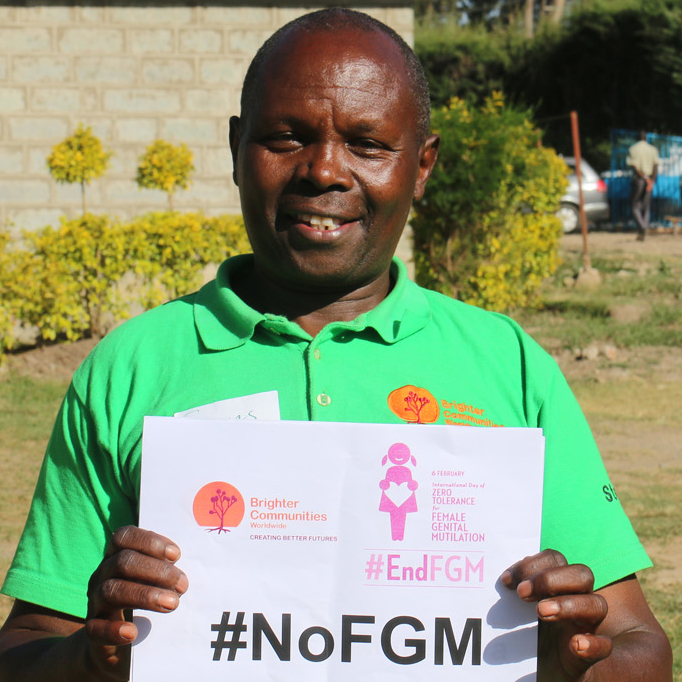 | On completion of the ARP course the girls graduate through a “coming of age” ceremony. During the graduation ceremony the girls participate in activities including songs, plays, and dance to highlight what they have learned and inform the community that they have abandoned FGM and want to continue in education. Local people who may have influence in the community, such as chiefs, elders or school principals are encouraged to visit and endorse the course sessions. They are invited to attend the graduation along with the members of the girls’ families including men, boys and older women. Their presence is very important as the whole community celebrates together in their abandonment of FGM and they endorse the girls rights to education creating positive change for all. |
The good news is that the numbers of girls undergoing FGM are falling every year as more and more communities join the movement to Say No to FGM. If you would like to support our FGM Abandonment programme please donate at https://www.brightercommunities.org/en/get_involved/donate.php and be part of the global movement to End FGM for the next generation.
Other sites of interest to find out more -
www.unfpa.org/unfpa-unicef-joint-programme-eliminate-female-genital-mutilation

